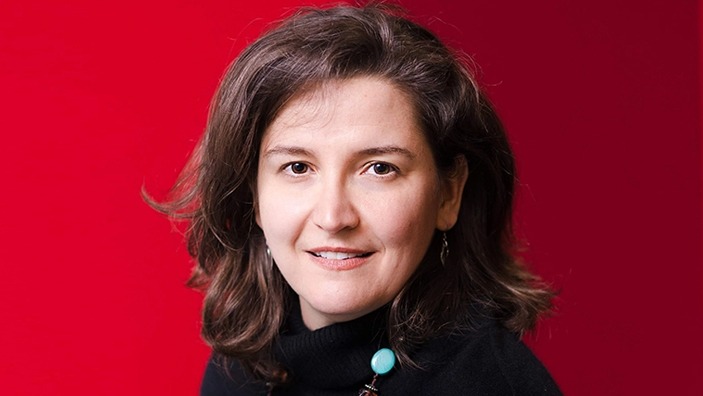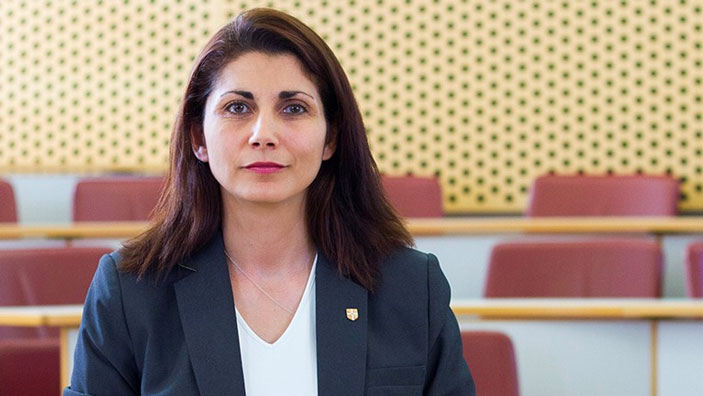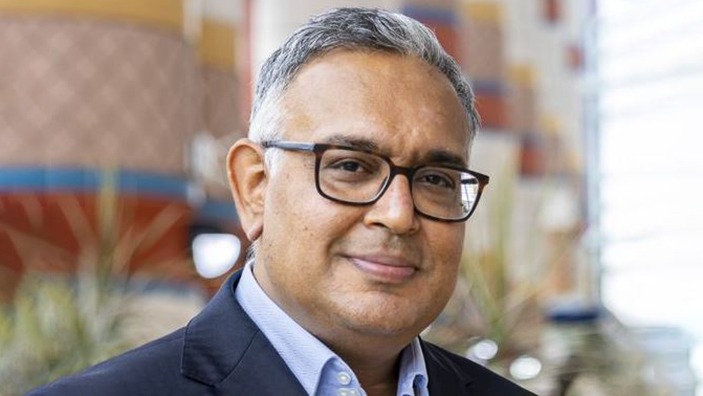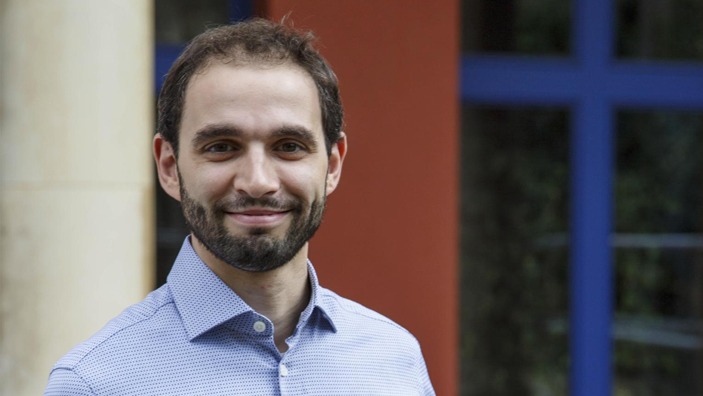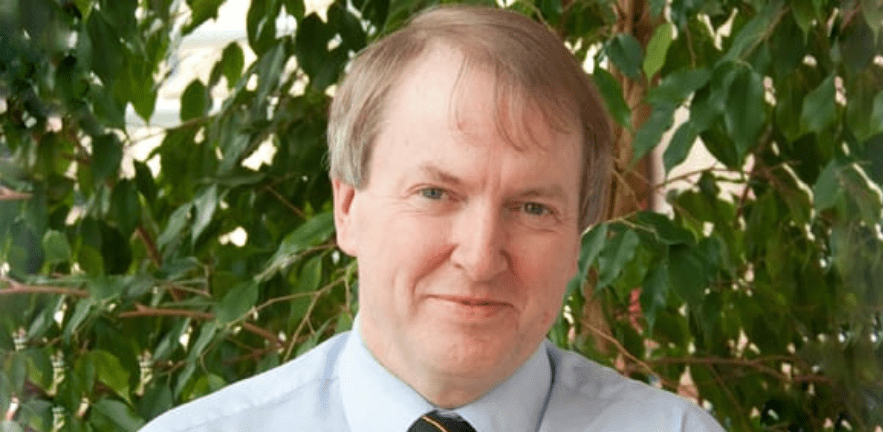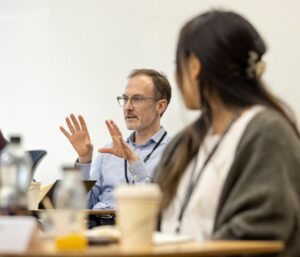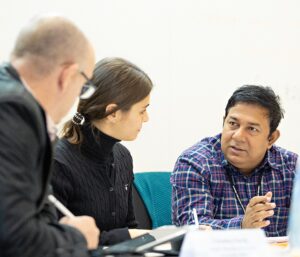Future of Work: Managing Change in the Workplace
This programme is designed to delve into the dynamic, transformative shifts in the nature and structure of work, as embodied by the hybrid workplace and to anticipate the changes that may follow. The Future of Work programme aims to equip both individuals and organisations with the knowledge and foresight needed to navigate this rapidly evolving landscape.
Upcoming programmes
Format:
Dates:
Duration:
Fees:
Face-to-face
17-19 Mar 2025
3 days
£4,550 + VAT
Face-to-face
7-9 Jul 2025
3 days
£4,550 + VAT
Upcoming programmes
Format:
Face-to-face
Dates:
17-19 Mar 2025
Duration:
3 days
Fees:
£4,550 + VAT
Format:
Face-to-face
Dates:
7-9 Jul 2025
Duration:
3 days
Fees:
£4,550 + VAT
Overview
The expression ‘The Future of Work’ has become commonly used among managers and thinkers. Yet, John Maynard Keynes in 1930 was predicting his grandchildren would only work 15 hours a week. While this has not happened, work has changed faster in the last 4 years than in the last few decades. The emergence of the hybrid workplace, accelerated by the pandemic alongside the rise of AI and further automation indicates that we have moved into a period of rapid change. It has become difficult to distinguish between short-term fads and actual opportunities for positive change. More than ever, managers need to think about the skills they will need to succeed in this fast-changing context, and how they can support the human resources strategy of their organisations.
In this programme, we will explore insights from academics, researchers, and consultants at the frontier of changes in the workplace. We will explore a framework to approach the future of work, considering the uncertainty and the difficulties in predicting the changes ahead. We will then move on to specific skills that will provide you with a competitive advantage in this new context. Finally, we will adopt a broader perspective to look at how you can strategise at the organisational level to turn the changing nature of work into a competitive advantage.
Benefits and career impact
Here’s how the programme can benefit both you, and your organisation.
- Develop new skills as a manager within or beyond the HR function to adapt to the demands of your employees, your organisation and a fast-changing environment.
- Understanding how work is changing across industries and how to best adapt.
- Anticipate the future of work to build a human-fuelled competitive advantage.
- Building a human resources and workplace strategy.
- Strengthening your employer brand to continue to attract and retain the best.
- Fostering learning and development for a knowledge based, resilient and adaptable workforce.
My name is Thomas Roulet. I’m the Professor of Organisational Sociology and Leadership here at the University of Cambridge, and the faculty at the Business School, and a Fellow in Psychology and Behavioural Science at King’s College, Cambridge. This programme is mainly for 3 groups of participants. First, we can think of chief HR officers, our chief people officers, all people in general, at a high level of responsibility in the human resources or people function of large and medium organisations.
Second, we can think of all senior managers with a focus on the people function or human-centred jobs. And finally, all the people want to elevate their skills with regards to the future of work. And in particular, this will include people who are in a business where knowledge or human resources are crucial, such as professional service firms, consulting firms, audit firms, law firms.
This programme will combine experts and researchers in the Cambridge ecosystem sharing their knowledge and expertise around the future of work, but also a number of practical exercises to help you apply those concepts and those theories and those frameworks in your specific context and put it into practice. Importantly, the programme is also aimed at bringing together HR leaders that can share with each other how they are dealing with the future of work in their organisation.
So there will be as much peer learning as learning from the Cambridge faculty. So this is a 3-day programme. The first day is focusing on mapping out the future of work. Most people think about the future of work, but are not too sure what should be put under this umbrella. What is it that matters for Chief HR or Chief People Officers or for the HR function in general?
In this second day, we’re going to look at skills. What sort of skills can you develop as a manager to anticipate and deal with the future of work? And the third day will elevate the debate. Take a bit of a broader perspective and look at how you can strategise and anticipate for the future of work. So the 5 top topics we’ll be looking at in this programme is first, how is automation AI, new technologies affecting the world of work, and how can we anticipate and manage those changes? The second one is the challenge of hybrid working and the structure of how we work, and how we can manage this in the best way possible. The third one is how do we adapt our skills for individuals within the organisation, and for HR managers and chief people officers?
What sort of expertise, what sort of practices do we need to develop to anticipate and deal with the future of work? The fourth one is the globalisation and demography imperative, meaning the body of employees in organisation is changing and we need to adapt. We need to adapt with a diversity policy, with a policy that supports individuals and employees at all stages of their life.
And the fifth issue to consider, which really is connected to all of the 4 problems we mentioned, is the ethical implications of the future of work. How should we deal with those new changes in the world of work? The way we approach work in a way that is socially responsible. A lot of people are saying that they might be no future of work, that we might be tomorrow replaced by AI, by robots, that people are quiet quitting, disconnecting from their work, disengaging.
Yet do you mean resource function and human resources assets? People are actually crucial in a world where technology is giving an advantage to all organisations. What makes the difference between a company A and a company B is the people. People are going to enact those new technologies that are going to transform those changes faced by the world of work and transform that into a competitive advantage.
The University of Cambridge is 800 years old. It has been hosting great thinkers such as John Maynard Keynes, who in 1930 already was talking about automation and the future of work, or Alan Turing, who was one of the fathers of AI. All of this intellectual production knowledge, expertise is here. Being combined with state of the art pedagogical methods, but also with an engagement with the world and with businesses to ensure that this knowledge expertise is relevant and practical for business practitioners.
So please join us for the Future of Work programme at Cambridge Judge Business School to explore and discuss those questions and anticipate the future of work to build a competitive advantage.
Learn more about the programme from our faculty, Thomas Roulet
We simply cannot wait for the future of work – we need to prepare organisations now, to anticipate, and make the most of how the structure and the nature of work relationships are changing.
Programme content
Module 1: Mapping out the future of work
- Recent changes in the nature of work – hybrid working, meeting inflation.
- Peer-supported horizon scanning.
Module 2: New skills for the future of work
- Keeping up with technological change at work.
- Wellbeing intelligence.
Module 3: Strategising the future of work: Your organisational competitive advantage
- Time and temporality.
- Culture for the future of work.
- Diversity.
Module 4: Anticipating the future of work
- Developing learning functions to cope with the future of work.
- Employer branding.
- Conclusions.
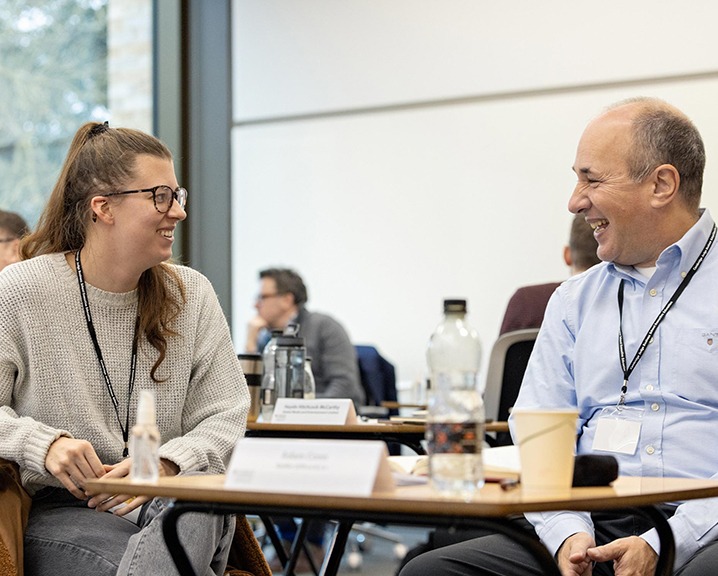
How you learn: Face-to-face
Enjoy a learning environment second to none in the historic city of Cambridge, where you will have the opportunity to interact with world-class faculty and speakers, engage with carefully selected peers, and experience group exercises, role-play and discussion both in and outside the classroom. Take time away from the office or home to focus on your learning and networking objectives.
Who attends
- Senior executives in human-centred and focused functions and teams who want to establish a strategy to stay ahead of the future of work for themselves and for their organisations
- Human resource managers or people officers who want to pre-empt the changes in the hybrid workplace for themselves and shape the strategy of their organisations
- Managers who want to develop their human resource and people leadership skills to foster their individual competitive advantage
- Any executive in knowledge or skill-based industries who want to plan and prepare for current and future shifts in the hybrid workplace.
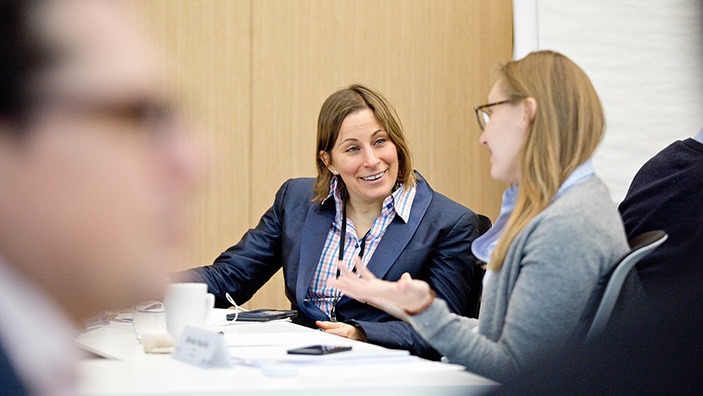
More than ever, human assets are crucial to the success of organisations. GenAI and automation won't make human resources obsolete, we will need better employees and managers to capitalise on those tools.
Faculty and speakers
Learn from our world-class faculty who bring fresh insights from their leading-edge research into all of our Executive Education programmes. The Academic Programme Director (APD) for The Future of Work programme is Professor Thomas Roulet.
PhD (HEC Paris)
PhD (McGill University)
PhD (HEC Paris)
Munish holds an honorary title from Cambridge Judge Business School.
PhD (HEC Paris)
Co-Director of the Centre for International Human Resource Management (CIHRM)
PhD (University of London)
Why Cambridge Judge Business School?
Related programmes
The Future of Work belongs to our Managing Organisations-topic executive education programmes. Here is a selection of related programmes:
People and Organisational Effectiveness
How well is your organisation really performing? Learn to build motivation, increase performance and stay connected with your people, even in turbulent times.
People Analytics: Transforming HR Strategy with Data Science
Align your HR decision-making with corporate objectives by leveraging the data that already exists within your organisation.
Cambridge Judge Business School General Management Certificate of Achievement
Looking for a flexible learning package tailored to your individual needs? Whether you want to step-up, startup or switch careers, Cambridge Judge Business School offers a bespoke Certificate of Achievement, dedicated to general management.
Speak to a programme advisor
If you have any questions or would like to discuss how this programme could benefit you or your organisation, please get in touch with the programme advisor.



